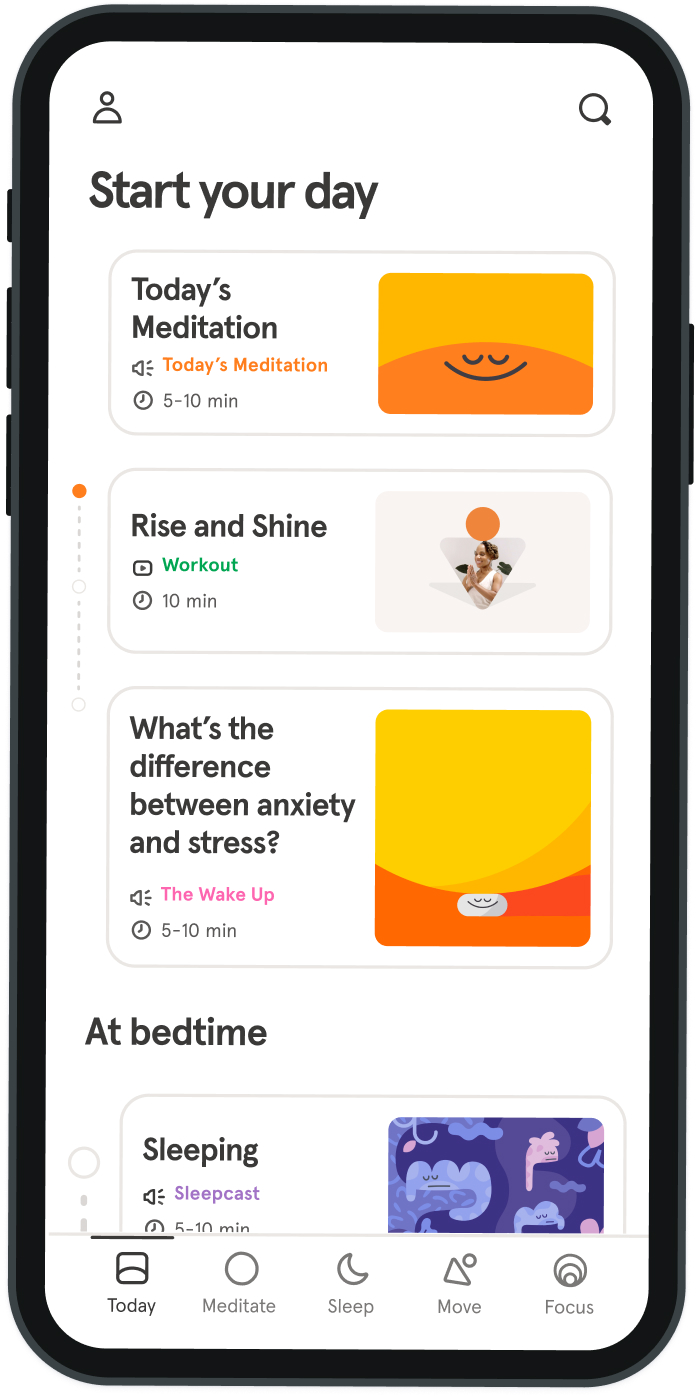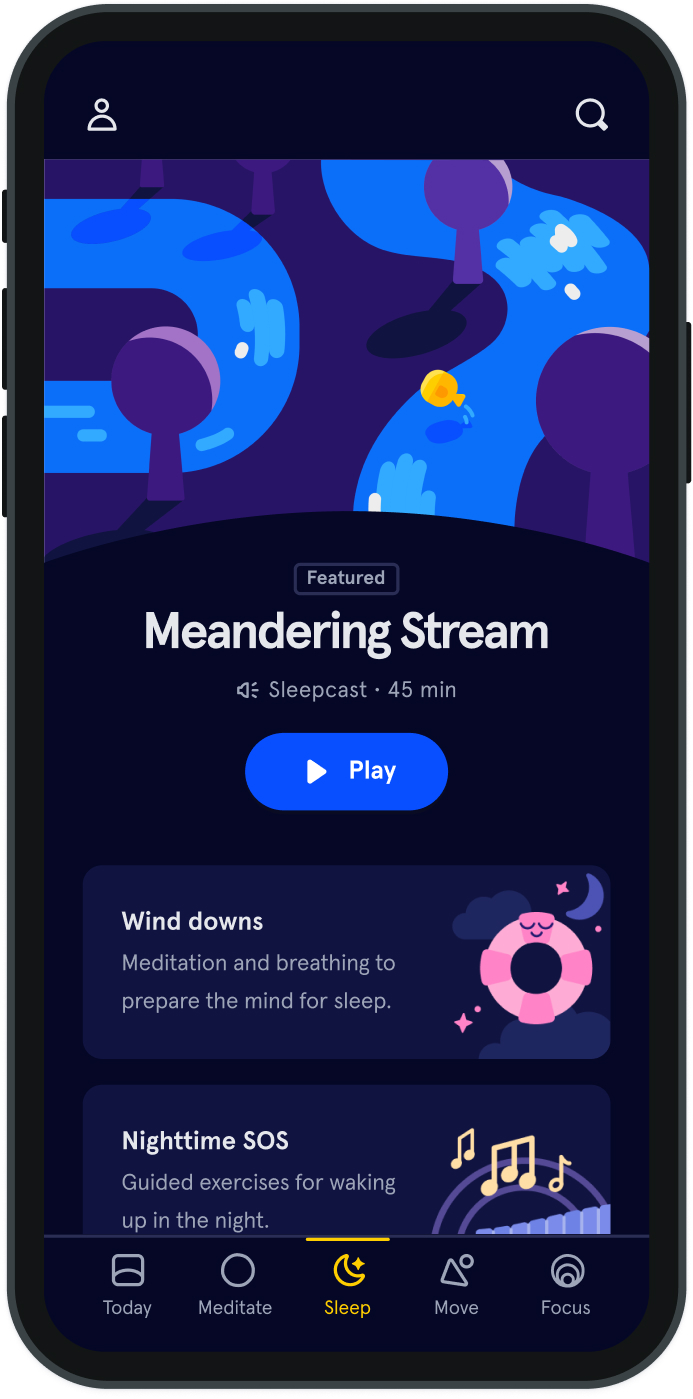How social media is changing the way we grieve
Facebook suggests I start a game of Words With Friends with my dead grandma. The site also reminds me to wish a close friend happy birthday, even though to me she is always a month shy of her 21st. Social media ghosts are everywhere.
When my mom was lowered into the ground, I buried the memories. My dad moved me and my siblings from our small town in Indiana to Indianapolis just a month after she passed away. I started high school in a place where no one knew me. I reinvented myself, and since no one knew about my loss, I started to pretend it never happened. But this was only a year after MySpace launched and a couple years before Facebook became open to the general public. Now, when we lose our loved ones, it’s no longer so easy to bury the memories. In some ways, that’s a good thing. Dr. Pamela Rutledge, director of the Media Psychology Research Center, suggests that in order to process grief positively, we have to make new meaning of it. “One of the ways people have done that traditionally is through journaling or painting, but journaling specifically,” she says. “Social media allows you to perform a similar event to journaling. It allows you to express those feelings, and it allows other people to validate those feelings, which facilitates your ability to make positive meaning out of it.”
Although my first instinct after the loss of my mom wasn’t to spend time with (or share) my feelings, I’ve since written about her on various social media sites, and always receive an outpouring of support from people near and far. Jeanne Atkinson, hospice bereavement coordinator at Mayo Clinic Health System in Mankato, Minnesota, notes that the immediate support that social media provides is another positive impact on the way we grieve. “It [social media] allows for more public mourning and broader support from people. It’s not just your close friends that are nearby, but those friends you have in your extended life. That support reduces isolation.” While that may be true, sometimes I feel like social media has added a sixth stage of grief—guilt. On the anniversary of a death or a loved one’s birthday, I see the posts roll in. From friends updating their statuses to writing on the wall of the deceased, I wonder if I am a less thoughtful daughter/friend/niece/granddaughter for not posting something? I tend to be a private person on social media, and I also worry about looking like I’m fishing for sympathy if I do choose to participate. “Biologically, we’re all hardwired to worry what other people think about us, so we shouldn’t feel bad about that inclination,” Rutledge says. “Recognize you’re going to have that knee-jerk reaction, but then everyone should give themselves permission to grieve in their own way. If that means you don’t want to post to Facebook, that’s fine.”
Although we can’t help but care how our actions (and heartfelt expressions) will be received, we shouldn’t feel guilty about the ways in which we choose to share (and not share) our grief. What if I do decide to grieve publicly? I often wonder if the people who regularly use social media as an outlet for grieving have difficulty reaching acceptance? Atkinson says she actually sees it as a benefit. “You don’t have to forget that person or move on. I think it’s healthy to carry on a different kind of relationship, and by doing that, it can help us move forward in our grieving process. Expressing feelings can help lead to acceptance.” She also notes that in the case when someone is really feeling stuck or depressed, they may need to seek professional help. In the end, social media hasn’t changed our grieving process as much as it’s given us new channels to express (and share) our grief, and each of us will approach that grief differently. “Assess your level of need, because there are times when just sitting by yourself won’t do it,” Rutledge says. “Sometimes you even need professional help, but I think one of the lessons of meditation is to really listen to yourself, and that’s where deciding how you need to grieve can be a product of sitting quietly and listening to your own needs.” It’s a work in progress for me, but I’m slowly learning to lean on my social media network as one of the many avenues for ongoing grief-related support without worrying about what my friends, acquaintances, or followers might think.



Be kind to your mind
- Access the full library of 500+ meditations on everything from stress, to resilience, to compassion
- Put your mind to bed with sleep sounds, music, and wind-down exercises
- Make mindfulness a part of your daily routine with tension-releasing workouts, relaxing yoga, Focus music playlists, and more
Meditation and mindfulness for any mind, any mood, any goal

Stay in the loop
Be the first to get updates on our latest content, special offers, and new features.
By signing up, you’re agreeing to receive marketing emails from Headspace. You can unsubscribe at any time. For more details, check out our Privacy Policy.
- © 2025 Headspace Inc.
- Terms & conditions
- Privacy policy
- Consumer Health Data
- Your privacy choices
- CA Privacy Notice
